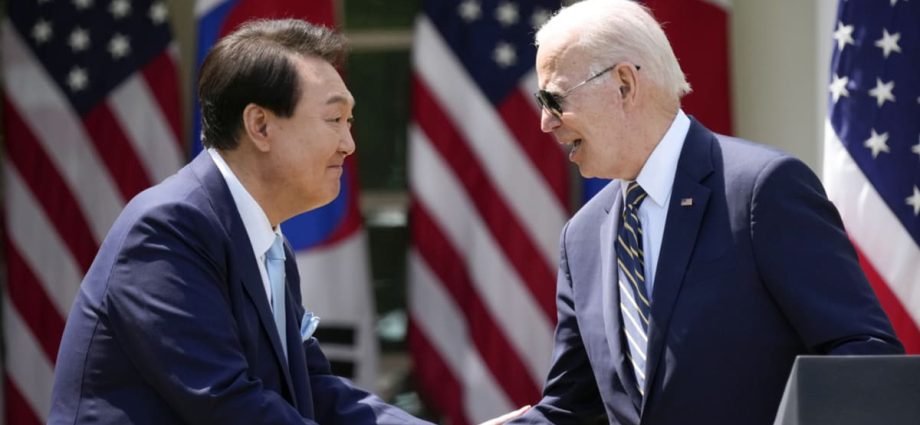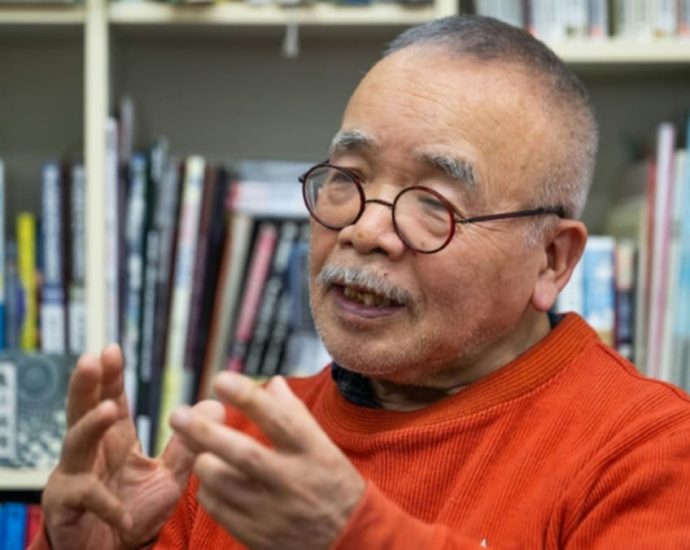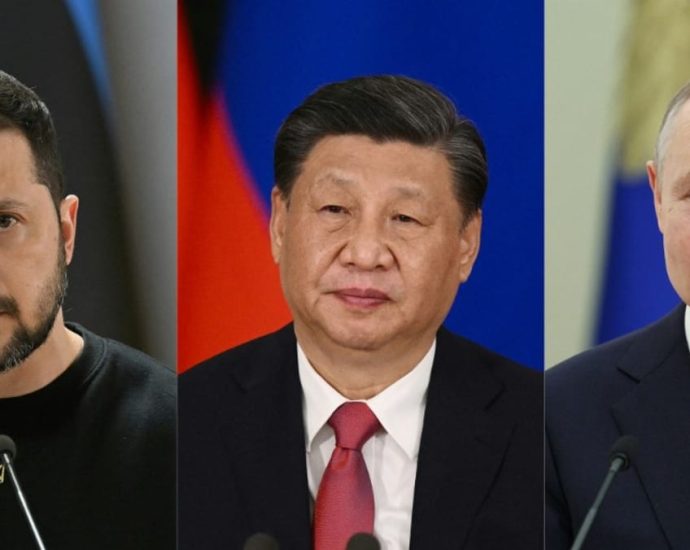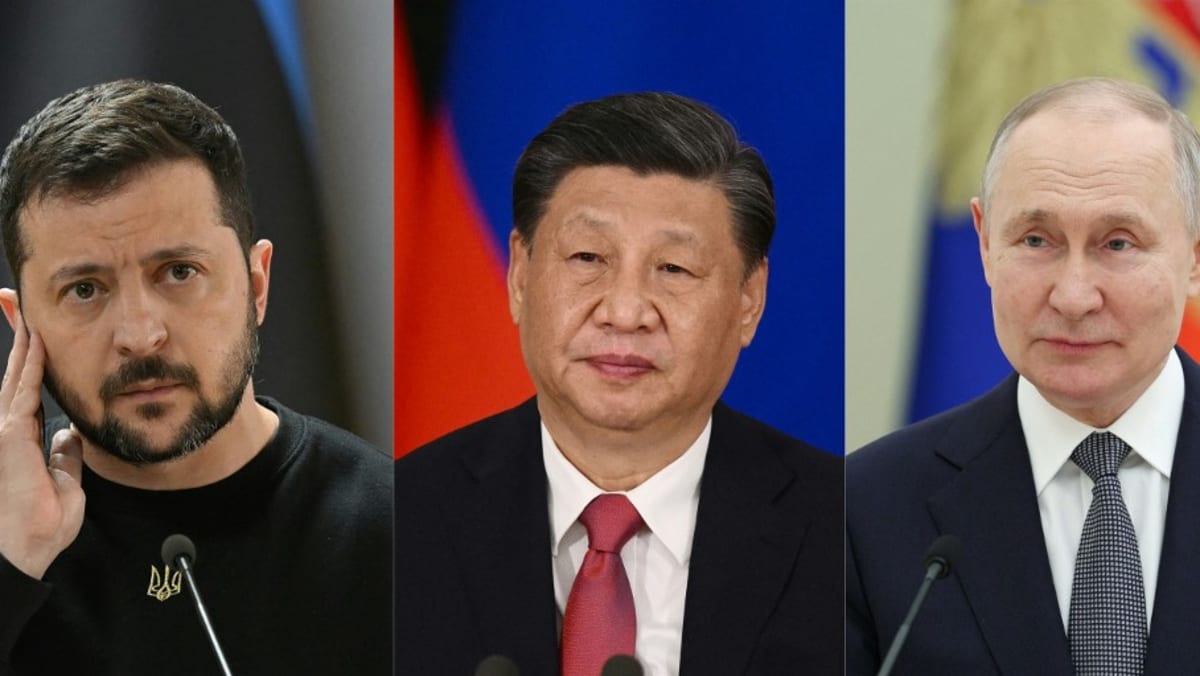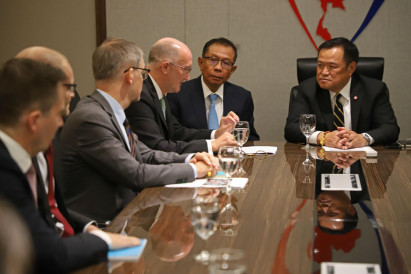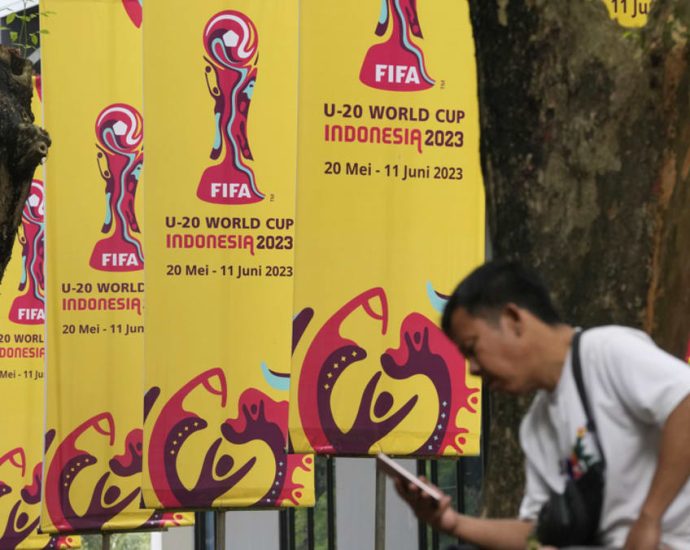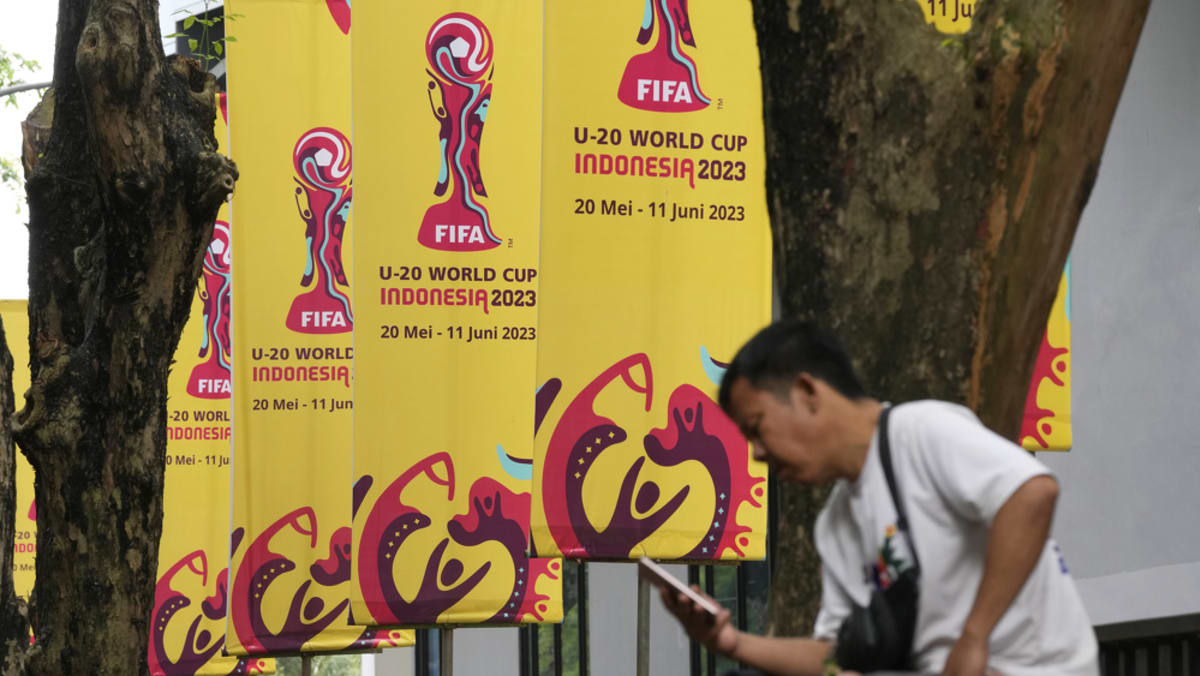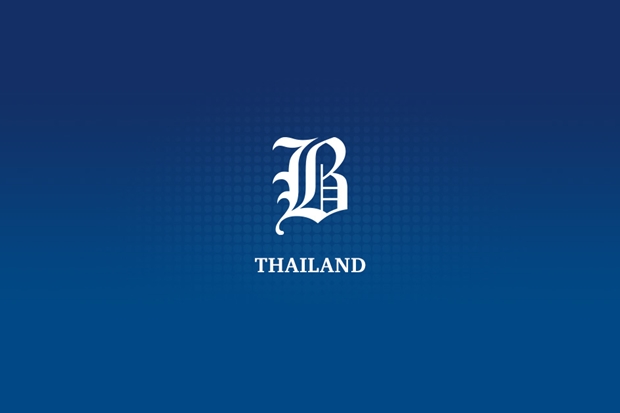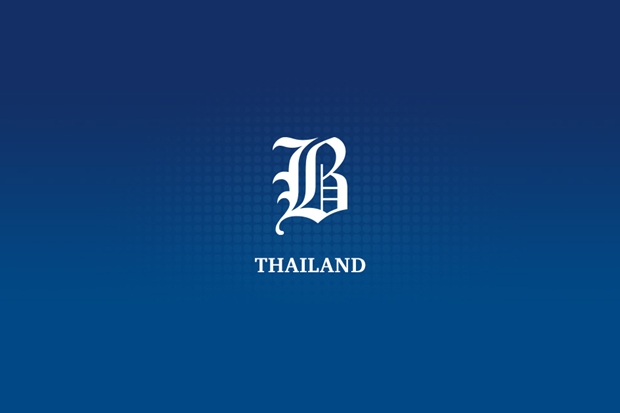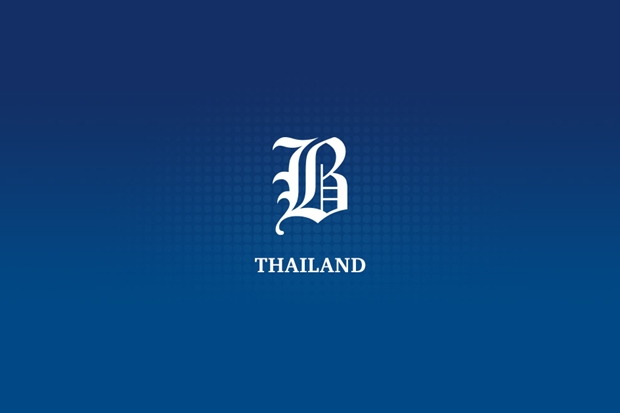Commentary: Yoon and Biden meeting sends a message to North Korea and China
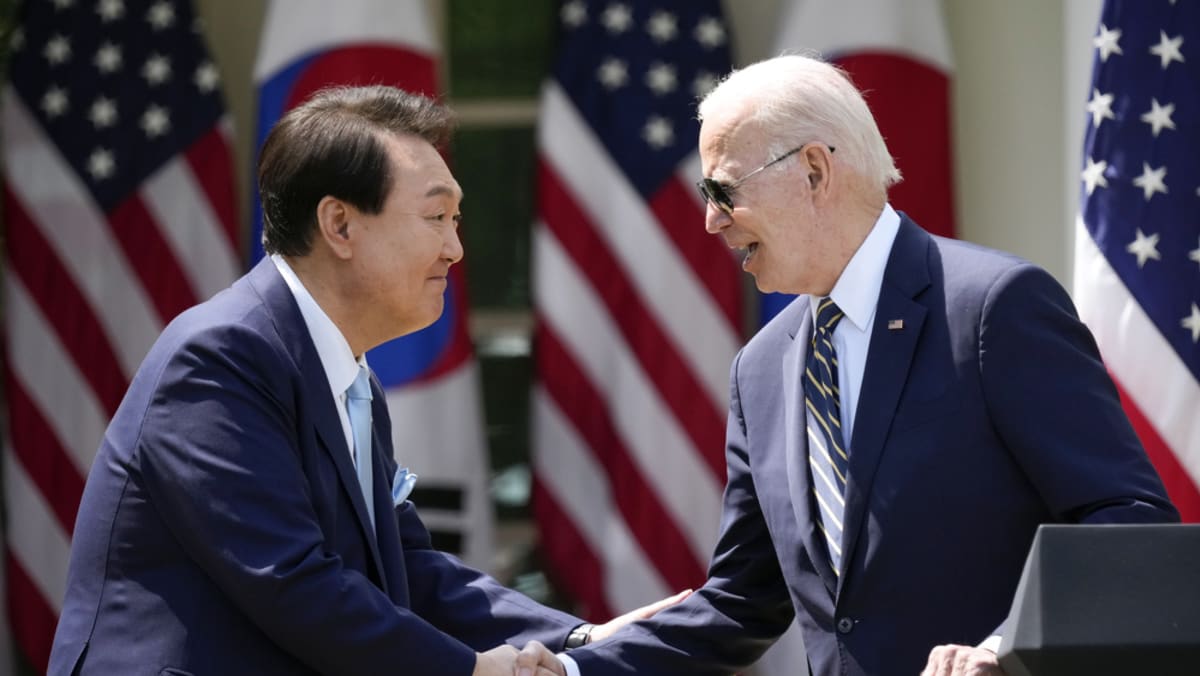
The White House meeting might well frame the event around the strengthening of ties between Seoul and Washington, but in reality they will want to send a message of unity in the face of sabre-rattling – and worse – by North Korea, China and Russia.
A FRIENDSHIP FORGED IN WAR
Washington and Seoul’s relationship was forged in the bloody crucible of the Korean War of 1950-53. For several decades, the alliance was lopsided, especially in the lean two decades following the armistice of 1953 when the South Korean subsistence economy was almost totally dependent on US aid.
But over the past two decades, South Korea has evened up the ledger, becoming a world leader in electronics, shipping, vehicles, arms and pop culture. The US-South Korea alliance has developed into one based as much on economic interests as diplomatic and strategic concerns.
Even the awkward issue of recent reports of alleged US spying on the South Korean presidential office is not likely to dampen the show of friendliness expected on display during the bilateral meeting.
After all, Biden and Yoon have more serious matters to contend with. The state visit follows a year in which North Korea fired nearly 100 missiles into the skies in and around the Korean Peninsula, Russia brazenly invaded Ukraine, and China upped its rhetoric around the disputed island of Taiwan. And each will need addressing in the summit.
NORTH KOREAN MISSILES
To South Korea, the threat of the isolationist state to its north is the most existential. Biden will likely underscore the US commitment to the defense of South Korea against a nuclear-armed North Korea.
But the threat is not confined to imperiling the Korean Peninsula. North Korean leader Kim Jong Un’s intercontinental ballistic missiles now have the capability to hit the US mainland. Such a development may be intended to draw Washington’s attention, but it has another consequence: Aligning the existential threat that South Korea faces with that of the United States.

